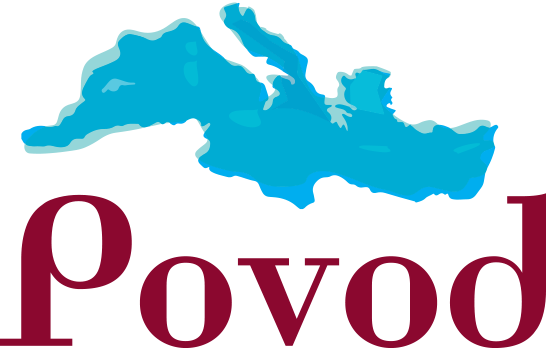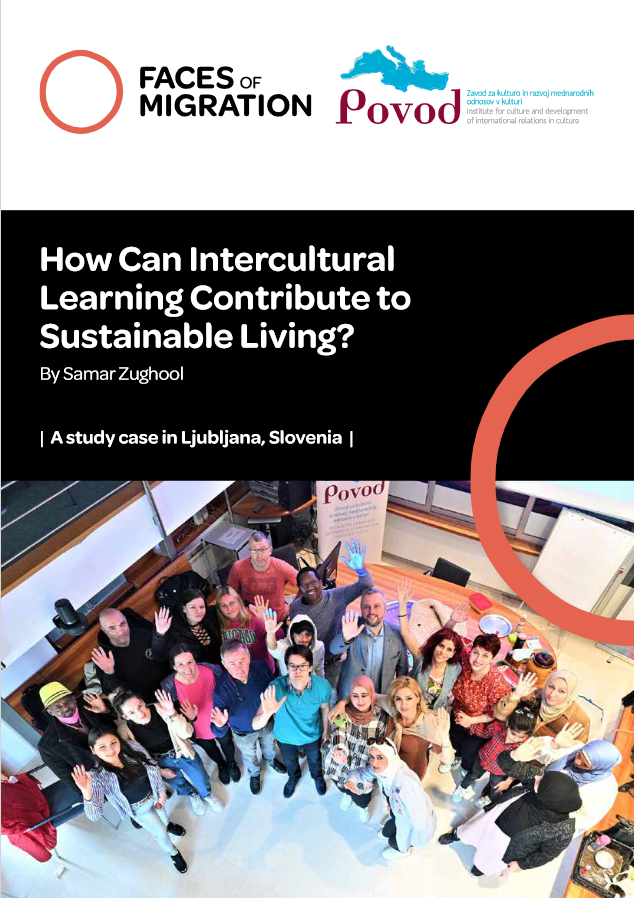The migration – sustainable development paradox addresses the fact that migration contributes to sustainable
development if well integrated into policymaking across the Sustainable Development Goals.1
Migration enriches
interculturalism and cross-cultural cooperation; culture is an enabler and driver for sustainable development, for
example, during the pandemic and lockdowns, traditional knowledge of sustainable living that does not rely on
mass production and consumption was most needed; therefore, culture is an essential resource for sustainable
development. Meanwhile, migration enables cooperation across and between different cultures.
How can intercultural learning enabled by migration increase the value of culture for sustainable living? Migration
makes cities intercultural, or at least multi-cultural; how does facilitating intercultural communication and learning
between individuals, communities, and groups from various backgrounds living in one town contribute to sustainable
living?

